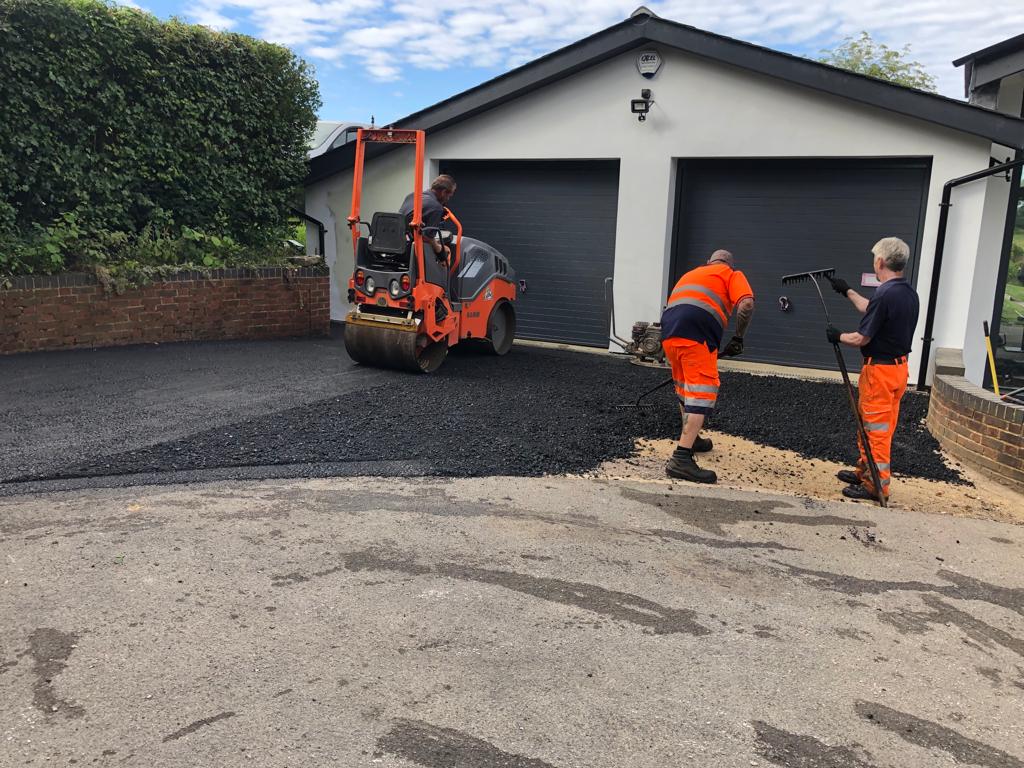Proper grading is the foundation of a long-lasting and functional driveway. When the grading is done incorrectly or neglected, it can lead to a range of issues including water pooling, premature surface deterioration, and even structural instability. At Cessnock Road Tek, we understand the vital role that accurate grading plays in the success of driveway projects across Cessnock, NSW.
This article explores the most common causes of grading failure and how they can be avoided through expert planning and construction.
Why Driveway Grading Matters
Grading is the process of shaping the base layer of a driveway to control how water drains and to provide a stable foundation for the surface. A properly graded driveway:
- Directs water away from structures and towards appropriate drainage
- Prevents surface cracking and erosion
- Supports long-term structural stability
When this stage is done incorrectly, no amount of surface treatment can fully resolve the underlying issues.
Common Grading Mistakes That Lead to Failure
Poor Drainage Planning
One of the most frequent causes of grading failure is a lack of proper water runoff design. Driveways without adequate slope or drainage can:
- Collect standing water
- Accelerate surface wear
- Allow water to seep into the sub-base, weakening it over time
Even a slight miscalculation in fall can create long-term problems.
Insufficient Subgrade Preparation
If the natural soil beneath the driveway isn’t adequately compacted or stabilised, it can shift under the weight of vehicles. This leads to:
- Uneven surfaces
- Cracking and depressions
- Long-term failure of the driveway structure
Proper testing and compaction of the subgrade are essential before grading begins.
Using Inappropriate Materials
Some contractors cut corners by using low-quality fill or base materials. These can:
- Absorb moisture
- Break down quickly under pressure
- Fail to provide the support needed for the surface layer
Only road-grade materials with proven load-bearing capacity should be used during construction.
Overlooking Edge Support
Driveways without proper edge restraint can erode or spread over time. Grading must include:
- Defined shoulders
- Adequate base width
- Reinforced edges, especially for bitumen or asphalt surfaces
This is critical in areas like Cessnock, where temperature changes and vehicle loads are frequent.
Environmental and Site-Specific Issues
Unstable Soils
Clay-heavy or reactive soils common in some areas of Cessnock can swell and shrink depending on moisture levels. Without appropriate grading design, this movement leads to:
- Surface deformation
- Cracks and drainage issues
- Accelerated maintenance needs
Unexpected Ground Movement
Tree roots, ground settlement, and erosion caused by nearby slopes can all impact the effectiveness of grading if not anticipated in the planning phase.
Signs That Grading May Have Failed
- Water pooling on or around the driveway
- Cracks or potholes appearing soon after installation
- Uneven surfaces or soft spots
- Washed-out areas near the edges
If any of these are noticed, it’s best to seek immediate assessment before further damage occurs.
Conclusion
Grading is not just a preliminary step—it’s a critical part of driveway construction that influences every other layer built on top of it. From drainage and stability to long-term performance, proper grading makes the difference between a durable driveway and one prone to early failure.
Cessnock Road Tek delivers precision grading and expert bitumen and asphalt surfacing solutions throughout Cessnock, NSW. If you’re planning a new driveway or need repairs to a failed surface, our team can ensure it’s built to last—starting with the ground beneath your tyres.
Call us on: 02 5301 9087
Click here to find out more about Cessnock Road Tek
Click here to complete our contact form and see how we can help with your Asphalt and Bitumen Surfacing needs.

